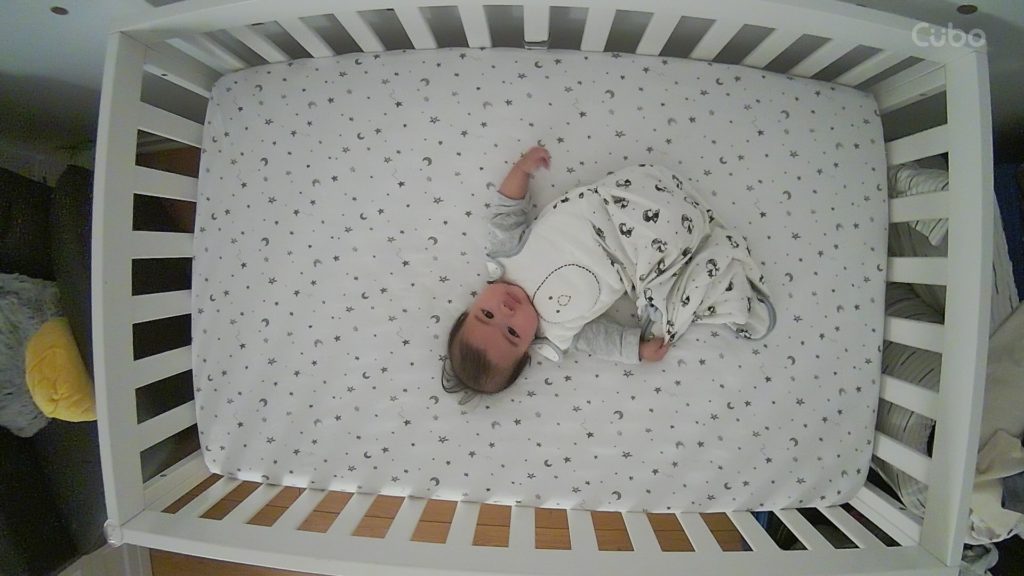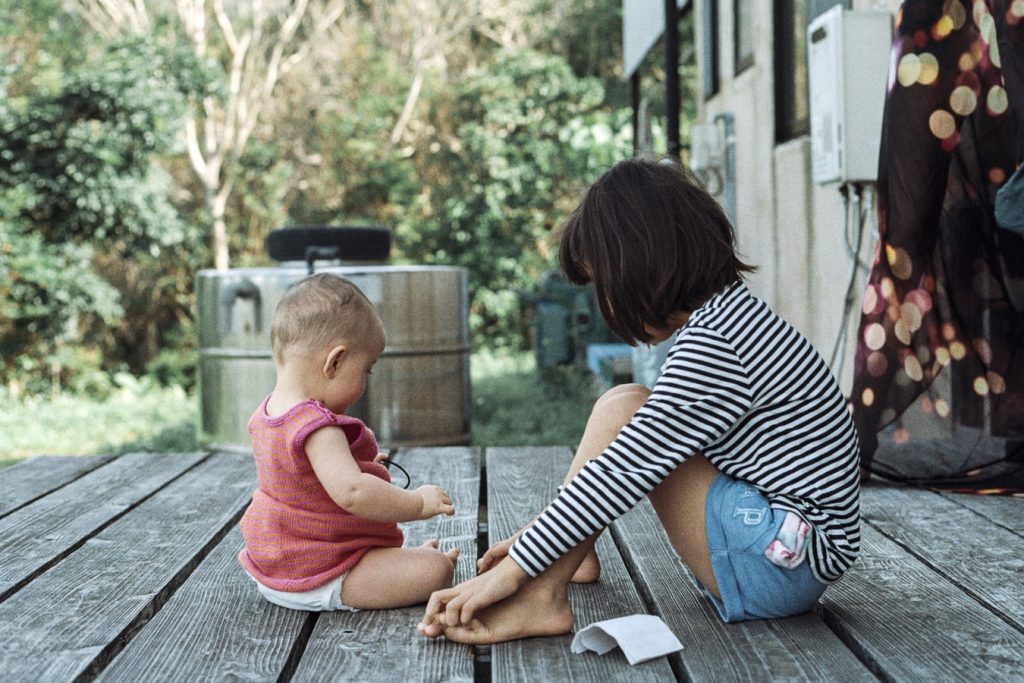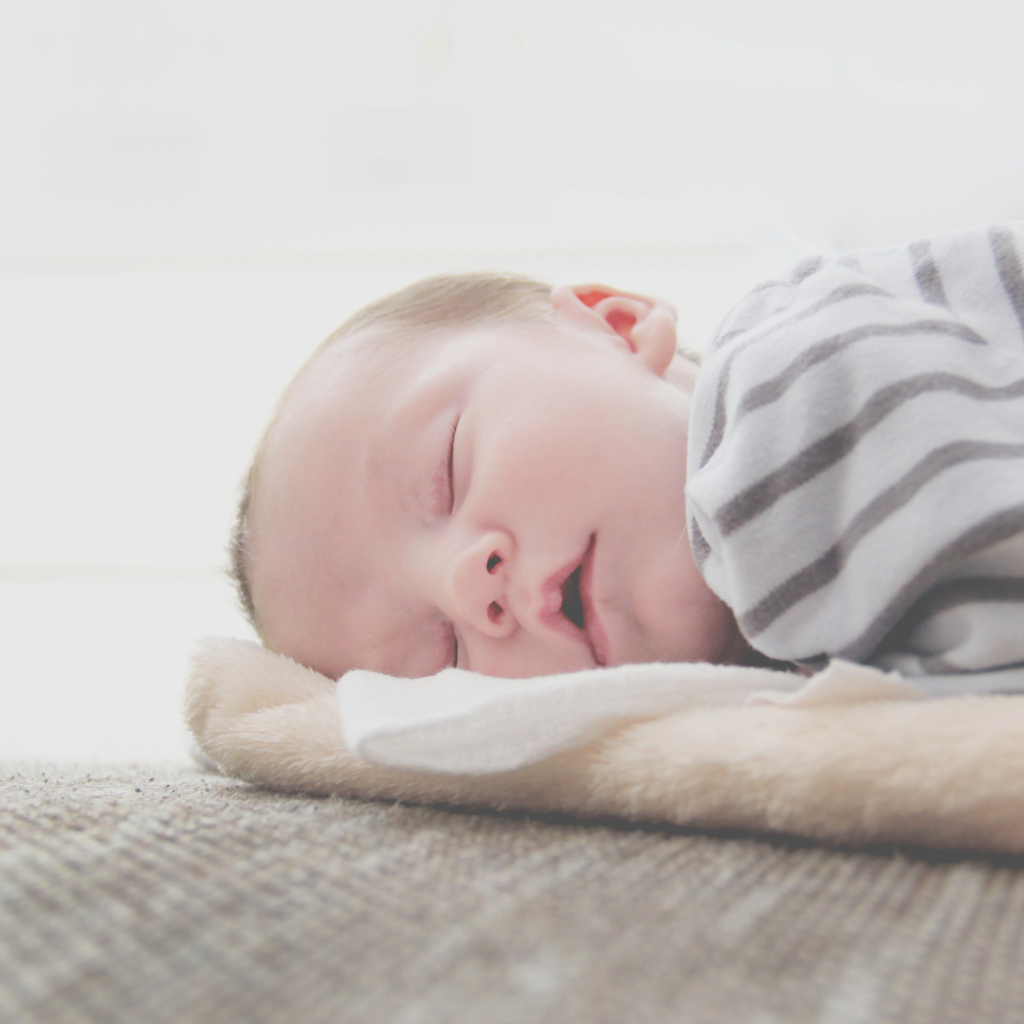Once you become a parent, your priorities really do shift instantly. You are geared towards making sure your baby is getting the best of what they need, before your own.
And sleep is just one of the many other things that you will be cutting down on, while you make sure your baby is getting the best sleep possible. Aside from sleep being practically the only time wherein they might not be crying or fussing around, it is actually a huge development marker for them to be able to have a good sleep schedule and routine.
For parents, especially new parents, being able to establish a sleep schedule and routine with your newborn is a feat in itself. It is essentially trial and error, and once you’ve found what works and are able to sleep through the night, you will feel like the sleepless and tireless nights are over.
Think again.
There will be nights when you might think you’re finally out of the woods, and as you tuck yourself in bed, you’ll hear your baby’s cries, and realize that the “supposed sleep schedule” has been thrown out of the window.
But don’t worry, it’s part of the journey as a parent. Luckily, we’ve got some tips and information for you on how you can survive and overcome the 3-month sleep regression that your baby will or probably is most likely going through right now. So, throw your worries out of the window because we’re here to give you a little hand-holding.
And if you’re also looking for some pointers on babies’ sleeping habits, check out some of the top points from Healthy Sleep Habits, Happy Child by Dr. Weissbluth.

What causes the 3-month-old sleep regressions?
Sleep regression is basically when your baby breaks out of their own sleep routine. This can come in the form of waking up during the night, sleeping less during the day, or the most dreaded one, not sleeping at all.
And sleep regression is usually marked with certain developments, so to understand and pinpoint when this might happen, let’s look into what your baby might be doing once they hit the 3-month mark.
But of course, always remember, not all babies are the same so your baby’s experience might slightly vary from other babies’ sleep routine. It would be best to talk to your pediatrician and discuss your baby’s own timetable.
3-month-old milestones to look out for
Baby rolling over
The reason why rolling over is paired with sleep regression is because babies are now able to move around now in their sleep and in effect disrupt their sleep routine. It can get frustrating especially if you’ve put them to sleep on their backs and later see them on their tummy, which may be scary to some parents.
You can check this out if you want to learn more about tummy sleeping and when to start tummy time.
Growth spurts
Remember when growth spurts in your early teens irritated you in your sleep or they just felt uncomfortable, then the same goes for your newborn. Growth spurts are coupled with growth pains, an irritating feeling in your joints and limbs that in your baby’s case can disrupt their sleep and sleep pattern.
These are just some of the developmental milestones that can be linked to the 3-month old baby sleep regression.
And the 3 month old baby sleep regression is just one of the many sleep regressions your baby will experience, but take note that they’re mostly based around major milestones like teething, growing, walking, etc.
Read more about dealing with (and overcoming) the 6-month sleep regression here.
How much should a 3-month-old sleep at night?
If you’ve read sleep training and baby sleep books before, you may have heard about how the fourth trimester affects your baby’s rest.
The what? I thought pregnancy only had three trimesters?
Pediatricians like Harvey Karp often call the first three months of babies’ life “the fourth trimester”. This doesn’t just extend to your baby’s development and adjustment to, well, being out in the world, but mom’s adjustments too.
This is why women are often given so much more parental leave than men, though that’s not something we necessarily agree with. Dads need adjustment too!
Psychologically, hormonally, and physiologically, moms are going through a lot in those first three months and the period needed to settle into motherhood is often a staple time of rest. Photo credit: Popsugar

The “4th Trimester” Effect on Your Baby’s Bedtime
So what does this mean for your baby’s sleep? Technically, your newborn still feels a bit like they’re in the womb in the first six weeks or at the very least, they act like it. Sleep is a frequent and deep endeavor in the first few weeks, which is why newborn photography can be such a breeze.
After the six-week mark, though, many sleep professionals see a real difference in baby sleep patterns, which become a bit more erratic.
As your baby grows and bonds with you, they’ll show more signs of wanting to stay up and play past their ideal awake time (between 1-2 hours at a time). Pediatricians place the responsibility on parents to push past their babies’ urge to play and train them to sleep. This is truly for the sake of everyone’s sanity as no one wants an overtired cranky baby or an overtired cranky parent, for that matter.
After you start your baby’s sleep routine at night (around 7 p.m.) you can expect them to sleep for about 5 hours straight. This of course doesn’t apply to every baby, especially colicky ones. If your baby still isn’t sleeping, hang in there. It’ll come.

Read about this family’s journey to find a baby monitor
2-month-old sleep schedule
A good sleep schedule would be having your baby awake for one and a half hours, and nap for 1 hour, and then on repeat. This is the ample time for them to feed, get some sunlight, and spend time with you.
But at noontime, it would be great to increase their nap time by half an hour more so they get used to the idea of having a nap in the afternoon.

3-month-old sleep schedule
At 3 months old, your baby will start to grow and acquire an awareness of their surroundings and themselves. At three months old, there’s the added possibility of sleep regression. You will need to set up a sleep schedule that your baby can adhere to so that they get cues that it’s time to sleep, however, the problem now is getting them to sleep and keeping them asleep.
For a 3-month-old baby, 14-17 hours of sleep would be a great range, with 7-10 hours of being awake.
The 14-17 hours of sleep can be then divided between 4-5 naps that can range from 1-3 hours depending on how restless they are, and also account for possible sleep regression. Their major bedtime, however, will vary, of course, with their feeding schedule.
3-month-old sleep regression FAQ
What time should a 3-month-old go to sleep?
If we’re talking about actual bedtime at night, it would be best to put them down at 7 p.m. to also get them accustomed to nighttime as bedtime. But for this to work, you need to keep with your schedule and routine so that your baby can pick up the cues and get accustomed to when it’s time to sleep, to prevent a long day in cranky-ville.
How long should a 3-month-old sleep without eating?
Whether or not your baby sleeps through the night without eating can depend on a lot of factors. For one, formula-feeding can keep babies full longer. Your baby’s weight, age and previous feeding habits can all factor in too.
Expecting your 2 to 3 month to sleep through the night can be a bit too much. They’re fresh off the newborn stage where they are fed every few hours. Most 2 and 3-month-olds still need to be fed once or twice overnight and especially if they’re breastfeeding.
Normally, the 3-month-old schedule allows babies about 3-5 hours without nursing while they’re asleep. Of course, this isn’t an exact science so base your schedule around your baby’s needs.

When should babies sleep in cribs in their own rooms?
It is honestly up to you and on your resources. If you have a separate room set up already and having them in your room isn’t suitable for them or there really isn’t enough space, then go ahead and train them to sleep in their own room. The trade-off, of course, would be the number of trips from your room to theirs and the need for a baby monitor that works, but we’ll get to that later.
Nonetheless, sleep experts suggest that babies can start sleeping in their own rooms anywhere between 4 months to 1 year. This would be a strategic choice since by then they would be able to sleep throughout the night, so there would be fewer trips for you too.
Tips on overcoming the 3-month-old sleep regression
Sleep is vital not just for your baby, but for you as well. And the 3-month sleep regression might seem like your worst nightmare but like we said, we’re here to help you. And if you want to get over this hurdle and all the other sleep regressions a little quicker and more conveniently, a baby monitor with sleep analytics function is your best weapon for this. Feel free to check out the Cubo AI Smart Baby monitor, and give your baby the sleep they need, and the peace of mind that you want.
You might also like:



